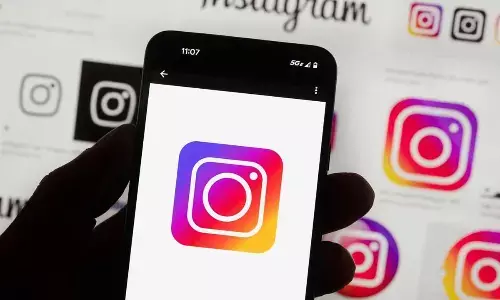Is it the right time to buy an iPhone?

Apple iPhone
It can be assumed with some certainty that the September 14 event will include the iPhone and potentially other products like the Apple Watch.
The iPhone 13 is all set to arrive. No one outside the company knows exactly what that might mean, although rumours suggest that Apple's new phone will have a smaller notch at the top, improved cameras, and a faster processor.
It is not even clear if that will actually be his name. Apple could choose to forgo the number "13", given the number reputation, and perhaps even abandon the numbering scheme altogether, as it has done with other products such as the iPad. Although Apple almost always launches the iPhone at an event in September, last year it was forced to delay it until October as a result of production problems. But that issue was long overdue, and Apple hasn't made any suggestions this year that it was forced to do the same.
As such, it can be assumed with some certainty that the September 14 event will include the iPhone and potentially other products like the Apple Watch. Just as it maintains a regular schedule with its iPhone ads, Apple has been very consistent with the way the iPhone comes out after that.
The company tends to open pre-orders for the new phone the Friday after, which would mean they would launch in the Apple Store and other vendors on September 17. Then they usually go on sale exactly one week later, the following Friday, which would mean they would hit stores on September 24. It's that release date that fans have waited outside of stores to try to be first, but in recent years Apple has sought to encourage people to shop online, and that has only accelerated in the pandemic.
That schedule is typically valid in Apple's major markets, including the UK, the US, China, Japan, and many other countries. Others, like India, often have to wait a few more weeks. Some rumours suggest that other products, like the Apple Watch, could be delayed due to production issues, and the iPhone could be less available due to the ongoing chip shortage.
Apple, of course, could scrap that schedule entirely or not release an iPhone this year. But its $ 2.5 trillion market cap has been built on its ability to surprise in time, so it would be highly unlikely.
















